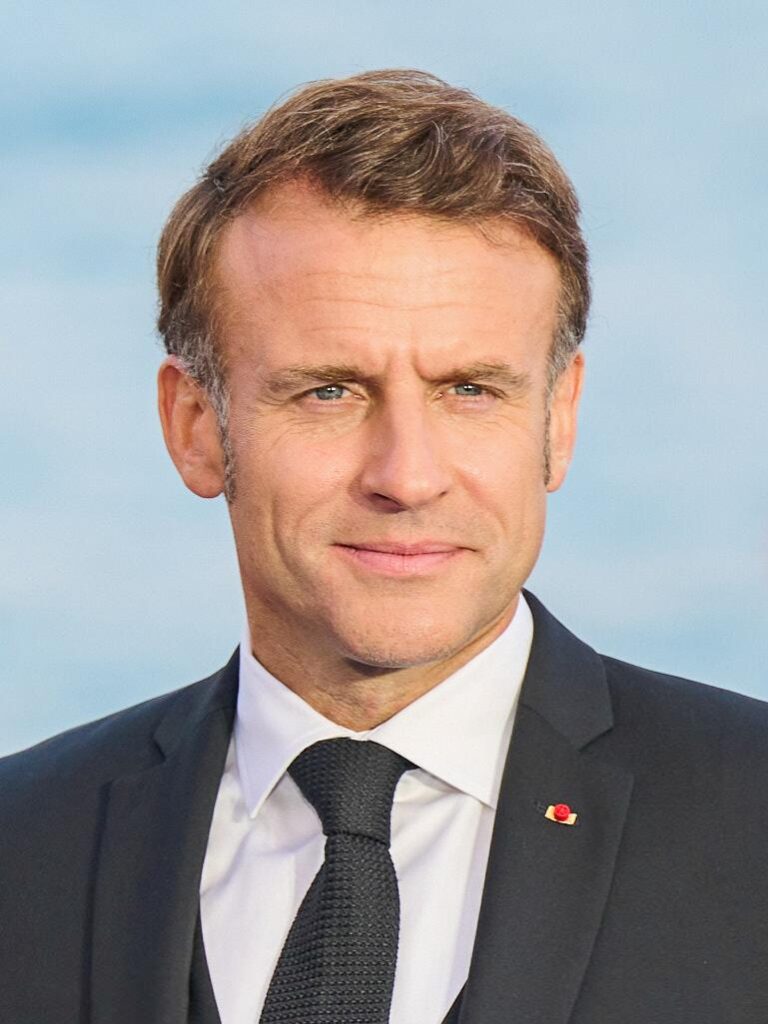French President Emmanuel Macron has reshuffled his cabinet, appointing a new education minister following a growing controversy surrounding private school policies. The unexpected change comes amid heightened public debate over the government’s approach to education reform, signaling a potential shift in priorities for one of France’s most critical sectors. This development marks a significant moment in Macron’s administration as it seeks to address mounting criticism and restore confidence in its education agenda.
Macron Responds to Private School Controversy with Education Minister Replacement
In a swift political move, President Emmanuel Macron has appointed a new Education Minister following escalating tensions surrounding private school policies. The controversy sparked widespread debate after allegations surfaced about preferential treatment and funding disparities between public and private educational institutions. Macron’s decision reflects a broader commitment to addressing public concerns and restoring confidence in the government’s approach to educational equity.
The incoming minister inherits a challenging agenda that focuses on:
- Reevaluating funding allocations to ensure a more balanced distribution between public and private schools.
- Enhancing transparency measures in the education sector to prevent future disputes.
- Engaging with stakeholders including parents, teachers, and local authorities to rebuild trust.
| Key Focus Area | Planned Actions |
|---|---|
| Transparency | Publish full budget breakdown |
| Equity | Uniform policy application |
| Stakeholder Engagement | Regular forums and consultations |
Implications of the Leadership Change on French Education Policy
The leadership transition at the helm of France’s education ministry is expected to steer the country’s policy landscape in new directions, especially concerning the delicate balance between public and private schooling sectors. With the controversy surrounding private school funding at the forefront, the new minister is poised to implement reforms aimed at greater transparency and equity. This shift signals President Macron’s intent to address long-standing criticisms of favoritism and to realign funding priorities towards bolstering public education infrastructure and resources.
Key areas likely to undergo scrutiny and modification include:
- Funding Allocation: Revisiting the budget distribution between private and public schools to ensure more equitable access to quality education.
- Regulatory Oversight: Enhancing accountability measures for private institutions receiving state support.
- Curriculum Standardization: Promoting consistent educational standards across all schools to reduce disparities.
- Stakeholder Engagement: Strengthening dialogue with teachers’ unions, parents, and local authorities to rebuild trust.
| Policy Area | Potential Impact |
| Private School Funding | Stricter scrutiny & possible cuts |
| Public School Investment | Increased resources and modernization |
| Teacher Training | Expanded programs for quality improvement |
| Parental Involvement | Enhanced communication & participation |
Analyzing the Impact on Public and Private School Relations in France
President Macron’s decision to replace the education minister has reignited a sensitive debate around the relationship between public and private schools in France. The controversy centers on differing funding policies and the perceived prioritization of private institutions, which many argue undermines the republican ideal of equal access to education. This political shake-up highlights the ongoing tension between preserving the autonomy of private schools and ensuring equitable resource distribution across the educational landscape.
The fallout has prompted stakeholders to reassess collaboration frameworks and accountability standards. Key points of contention include:
- Financial transparency: Calls for clearer reporting on subsidies allocated to private schools.
- Admissions policies: Debates over selective enrollment practices versus inclusive public schooling.
- Curricular oversight: The role of state curricula standards in private education settings.
| Aspect | Public School | Private School |
|---|---|---|
| Funding | State-funded | Partially state-subsidized |
| Admission | Non-selective | Selective capacity |
| Curriculum | Nationally mandated | More flexibility |
Recommendations for Restoring Trust in France’s Education System
To rebuild confidence in the education system, a transparent and inclusive approach must be prioritized. Reestablishing open dialogue between public institutions, private schools, parents, and teachers is essential to address the concerns raised by the recent controversy. Key actions include:
- Regular public reporting on funding allocations to all educational institutions
- Strengthening oversight mechanisms to prevent misuse of funds
- Promoting equitable access to quality education regardless of school type
- Encouraging community participation in policy-making processes
Enhancing accountability should also be complemented by targeted reforms focusing on educational quality and inclusiveness. Implementing a comprehensive evaluation system for both public and private schools will ensure consistent standards across the board. The following table summarizes recommended reforms:
| Focus Area | Recommended Actions |
|---|---|
| Curriculum Transparency | Publish clear frameworks and learning outcomes publicly |
| Teacher Training | Invest in continuous professional development programs |
| Resource Allocation | Ensure fair distribution of public funds to all schools |
| Stakeholder Engagement | Form advisory councils with diverse community representation |
In Retrospect
The replacement of France’s education minister by President Emmanuel Macron marks a significant development amid ongoing debates over education policy and public trust. As the new minister assumes office, attention will focus on how the government addresses concerns surrounding private schooling and broader educational reforms. The change signals Macron’s intent to restore confidence in his administration’s approach to one of the nation’s most pivotal sectors.




